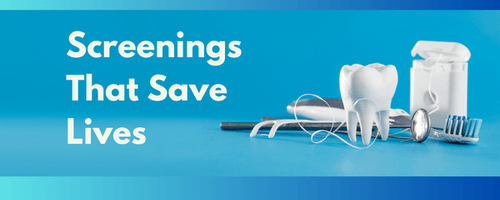
The Dental Lab Technician: A Unique Member of Your Dental Team
Posted June 21, 2019
Often forgotten, the dental lab technician (tech) is a valuable member of any dental team. We’re usually huddled away in a separate location, sometimes miles away, musing over a case. The “out of sight, out of mind” adage holds true, but it doesn’t have to. Your preferred lab tech may not be in your immediate proximity, but we’re usually just a phone call away. Dental lab techs have education and experience that can be a valuable resource to dental practices. Learn to maximize your relationship with your dental lab tech by utilizing their knowledge and expertise to help produce more accurate and predictable results for your patients.
Certified Dental Technicians (CDTs) are uniquely qualified in various disciplines. These include Complete Dentures, Partial Dentures, Crown and Bridge, Implants, and Orthodontics. This certification, along with the required 5 years experience or degree program completion, makes dental lab techs experts in their fields of study. If the 2 year degree program, 5 years experience in a working lab, written comprehensive exam covering all of the specialties mentioned above, the written specialty exam in a field of choice, and the 5.5 hour hands-on practical exam isn’t enough, CDTs are also required to complete 12 continuing education (CE) credits each year. To ensure CDTs are up-to-date on all current and relevant information, these CE credits include regulatory standards, scientific knowledge, and general information about the field. These requirements help keep dental lab techs prepared for the continually changing dental climate. In recent years, this has included the digital dentistry boom. Anything from 3D printing models to producing fully digital dentures. This all goes to say that dental lab technicians know a thing or two about a thing or two. This is critical when it comes to treatment planning and case design.
Lab techs possess a special perspective when it comes to treatment planning. They see things from a very pragmatic point of view. Often times, the technician has not met the patient, helping to remove emotions so the technician can stay neutral when offering input on the course of treatment. When a technician is studying a case mounted on an articulator, they are able to take a very realistic approach to the final restoration. Consulting and planning a patient’s treatment with your trusted technician is critical for optimal outcomes. This becomes most important in cases that involve implants or precision attachments that require minimal vertical-occlusal space. This partnership is also paramount in choosing restorative materials based on vertical space, opposition dentition, patient age, and economic limitations. For example, when utilizing a new material that may only be indicated for specific applications.
This all sounds great in theory, but how does one go about finding a great dental technician? The National Board of Certification has an active database with all registered CDTs sorted by state. A list of these techs can be found on their website at nbccert.org. It’s usually not enough just to find a certified technician, the most important pieces to this working relationship are trust and communication. These things only come with time. It may be important to you that your laboratory is small, 3-5 employees that service only a handful of offices in a single specialty. It may be important for you to find a medium-sized lab with a small business feel, but more resources in knowledge and equipment to service any number or your patient’s needs. It’s okay to “test drive” a lab or technician to see if it is a good fit! Like any relationship, the one between dentist and technician is one that must be fostered and cared for. Continue to check out this blog for a follow-up entry on this topic.
We connect and educate more than 900,000 job seekers in the U.S. and Canada to build better places to work through teams that excel.




.png)




.png)
